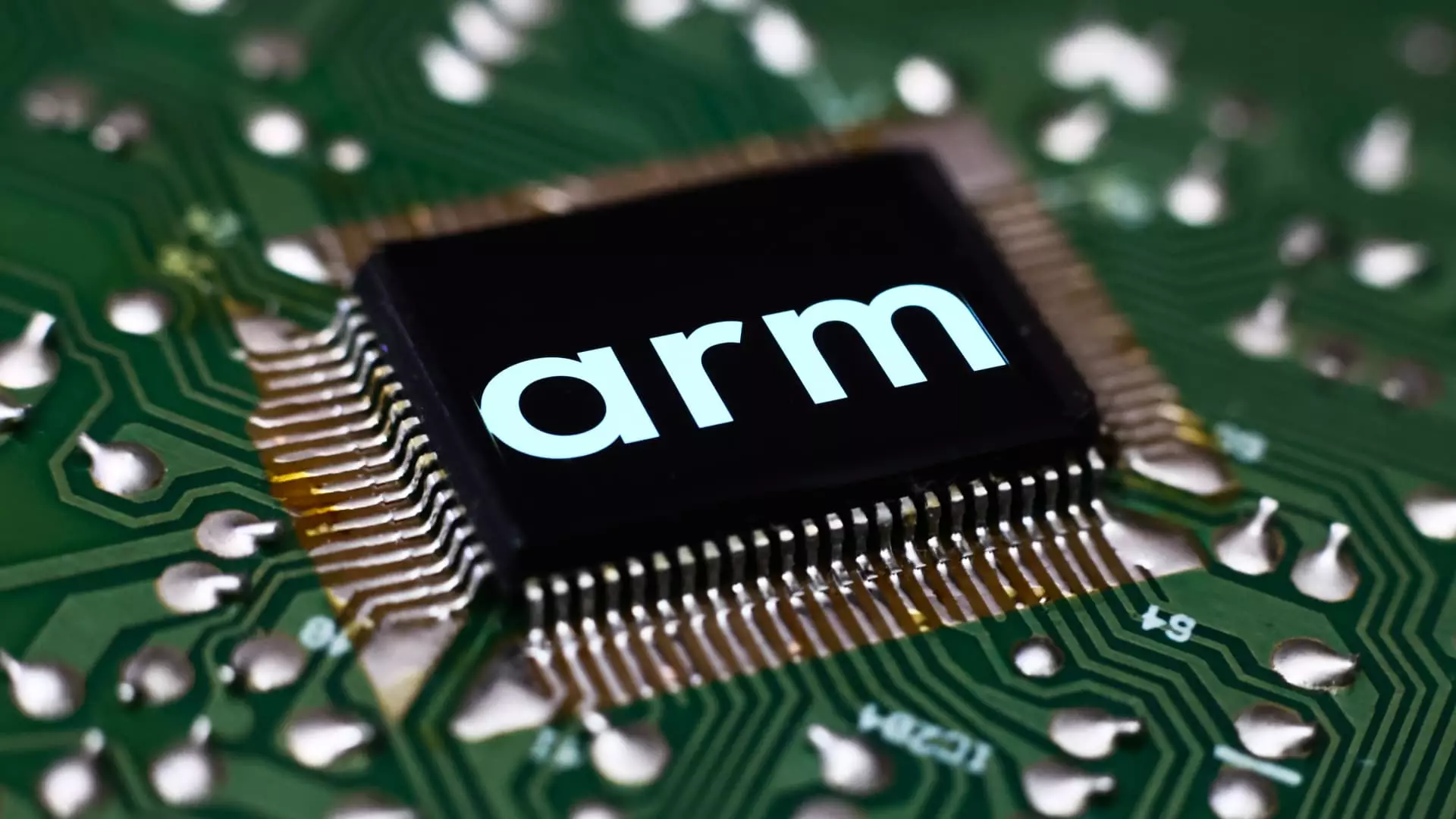The global semiconductor industry is on the brink of a major transformation, all thanks to the rise of artificial intelligence (AI) PCs equipped with chips developed by British chip designer, Arm. According to analysts at Morgan Stanley, the demand for more powerful PCs to support AI applications is driving this shift. Microsoft, for example, now requires new AI PCs to have a computing capability of 45 teraoperations per second to effectively run its AI tool, Copilot, on its laptops.
One of the key advantages of Arm-based central processing units (CPUs) is their superior energy conservation and thermal control capabilities. This not only leads to longer battery life but also enables more compact designs for devices. As a result, Arm-based AI PCs are expected to lead the way in terms of power efficiency, prompting a significant shift in the global semiconductor industry.
Morgan Stanley predicts that the penetration rate of AI PCs will skyrocket, reaching 95% by 2027, up from a mere 8% in 2024. The bank forecasts that Nvidia and fabless semiconductor firm, MediaTek, will capture 50% market share in Windows on Arm (WOA) PCs by 2028, driving total shipments of WOA PC chips to 65 million. This is a stark contrast to the 2 million shipments recorded in 2024.
Several companies are poised to benefit from Arm’s foray into AI PCs, according to Morgan Stanley. These include Taiwan Semiconductor Manufacturing Company (TSMC), MediaTek, Nvidia, Qualcomm, Microsoft, and Arm itself. The bank also highlights the potential gains for PC original equipment manufacturers that are dedicated to developing WOA devices.
In particular, TSMC stands to gain significantly from the rise of Arm-based CPUs in the AI PC market. With the expected growth in Arm CPU proliferation and the increasing market share of Arm-based CPUs over x86-based CPUs, TSMC is well-positioned to capitalize on this trend. Intel’s outsourcing of CPU production and AMD’s market share gain further support TSMC’s growth prospects in the foundry market.
The introduction of Arm-based AI PCs is set to revolutionize the semiconductor industry, paving the way for more power-efficient and compact devices that can meet the demands of AI applications. As companies like Arm, Nvidia, and TSMC continue to innovate and expand their presence in the market, the landscape of the semiconductor industry is bound to undergo a significant transformation in the coming years.


Leave a Reply